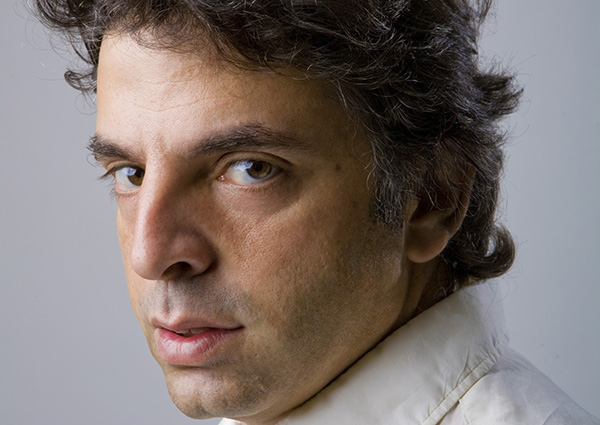
Etgar Keret: We Can Try to Be Human
The Israeli author on the dramatic family histories that fuel his work and the broken promises of his homeland.

The Israeli author on the dramatic family histories that fuel his work and the broken promises of his homeland.

A woman in white came up to us and said, “You’re welcome here. Everyone is welcome here.” She motioned us into the sanctuary, Carol included, who kept on with her act like a road-show vaudevillian.
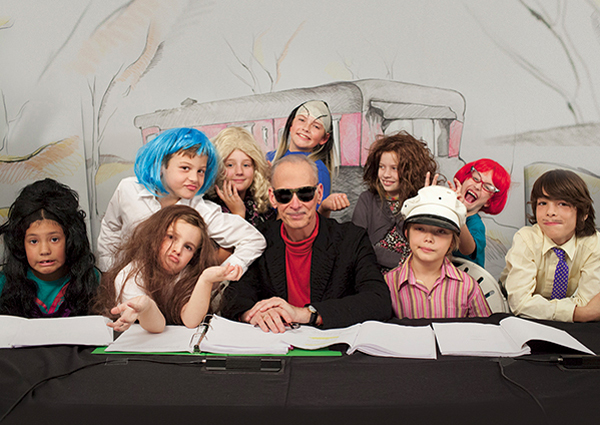
Boundaries of Taste: The filmmaker and artist on the evolution of bad taste.

I only question my father about these half-truths now, after all these years, because of the nightmares. Because I think about my mother. Because I imagine leaving my husband.
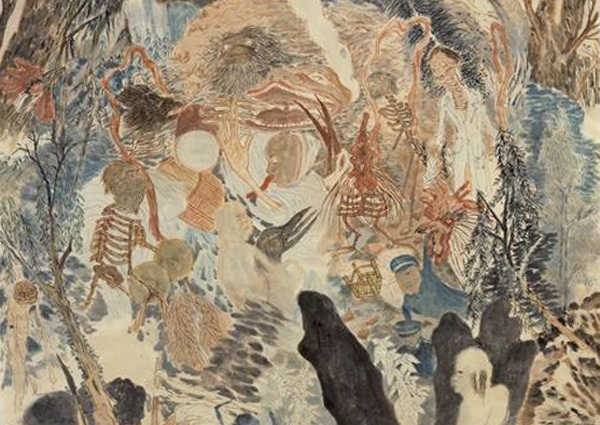
The pool of blood had grown a custardy skin in the cold, so that as the wind blew, it strained and jiggled.

Boys cross rooms for Georgie, who is full in the way they like. Foxy is the word for it, Sarina thinks, whereas she is foxless.

The boys here looked past her, their eyes steadily transfixed on the procession of tight designer jeans and heels clicking through the quad regularly on the hour.
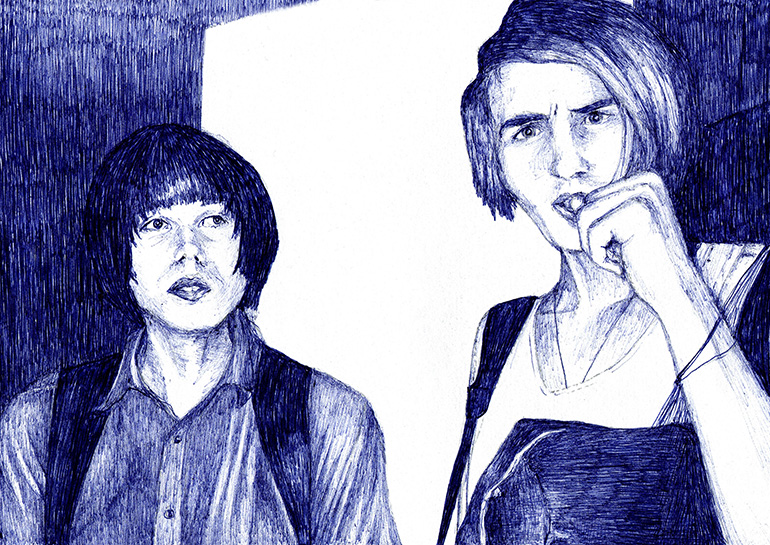
We walk along the forest on the side of the road. Onishchenko stops. “Give me your word, as one of the brothers, that you won’t tell anybody,” he says.
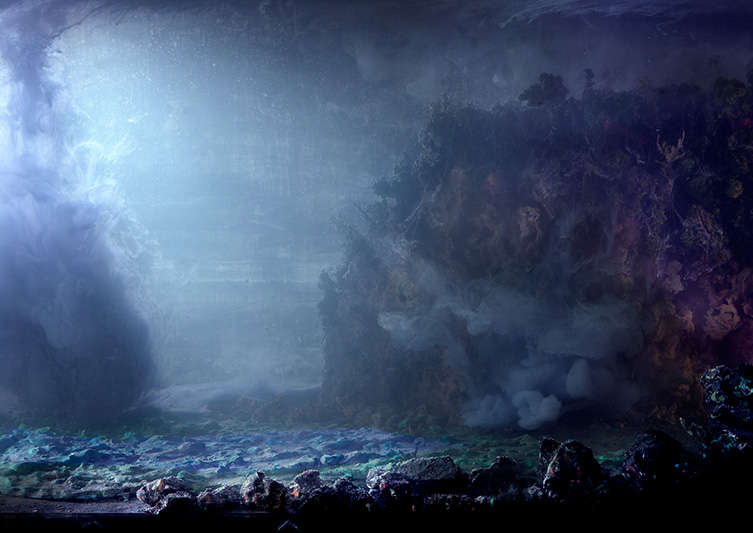
They had never been this far out in the lake, this lost, this on their own.

In the beginning, when God was distributing the land to all the nations, we Georgians missed the meeting.

Most people experience the fullness of what it means to be a person. Most people, but not him.

I had never, in my whole life, been able to understand love as a sickness.
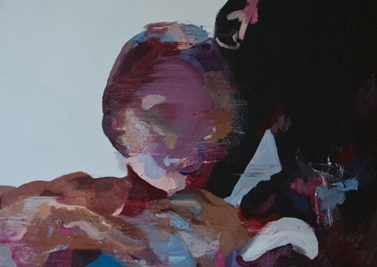
When he left home he always needed to find a Target, otherwise he felt lost.
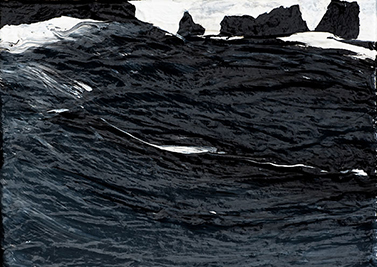
I have two sisters, but I’m the one who works the ocean with Daddy, Cordelia Kings, heir to the throne.
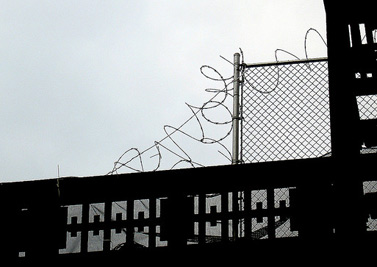
I don’t bear the army any grudge. I think they did right to beat me.

I gave strict instructions for two specialists to watch over you twenty-four hours a day.
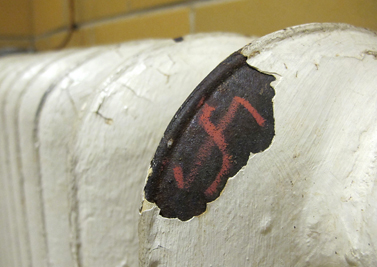
Think of your being a Jew in terms of having been born with clubfoot: unfortunate, of course, but not the end of the world.

To get to the point: last night an iceberg slid out of my mind and into the room, sheathing first the windows and then the walls with frost.

“The Pacific Ocean,” he was telling their children through the rearview mirror, “is greater than the Atlantic. Many creatures are living there.”

We were Boudreaux and Rothschild, Miller and Stackowski, O’Toole and Greene. We were Dani, Alyx, Rickie, Carlita, Jaz, Sam. We were butch. We were femme. We were bois. We were a tribe.

When the previous summer’s blackout revealed that Barrett kept his family on an electric well pump rather than pay the town for water, Patrick had eased his mother’s shame by announcing that nothing pleased him better than a bath in the pond.
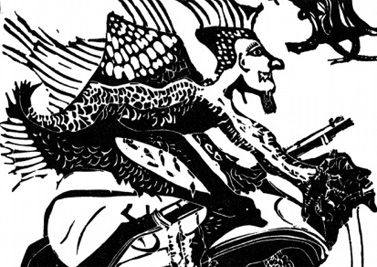
Without a doubt, my friend has told you the tale about my parents, and about the various things that I experienced when I visited the Forest of Irunmale.

Everyone is hoping that the just declared new country will be lucky, that the rioting and murdering will not break out as predicted by the expat at our bar the night before.

We all waited, I think. I don’t believe anyone rose immediately. And this was because the dead man was capable of anything. If he had fallen, who knew what he might do next?

The man takes a piece of paper, he writes: S. Thala. S. Thala. S. Thala.


I thought about her son in Tehran and if he were still alive, what he would do to Sheila. Lying in bed, I replayed the scene from earlier that day and wished that I’d answered Sheila’s blows with punches of my own, wished that I’d defended Mrs. Azam.

I don’t want to have to get on any medicines, because as far as I’m concerned all shrinks are good for is getting you high.

Soon it was all they could do to keep these children from singeing the draperies or shattering the glass windowpanes with a single touch.

They arrived when the sea was swelling, threatening to sweep the old world back with it.
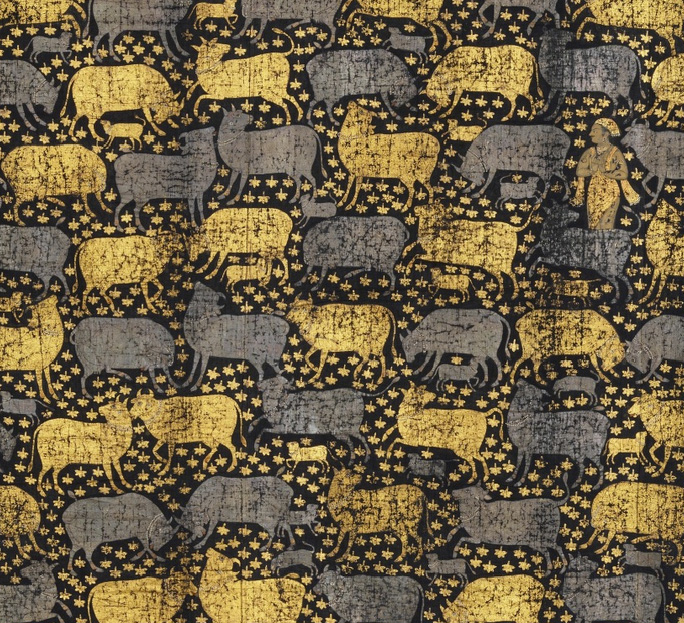
“These infidels cannot insult us like this. If you have the courage, come and face us out in the open. You cannot tie down a speechless animal and think you have beaten us..."

I don’t like the box they have put Papa in; I would have gotten him the fancy kind with polished wood and golden handles.

They stride through the woods and shout. They practice propping guns on their shoulders and breaking them in half so the empty shells tumble to the ground.

Eventually, I married a man more than twice my size. He terrified me. Making love felt like getting run over

According to Cornish, the pool, an infinity pool, would be able to recreate the event of Africa sinking into the sea.
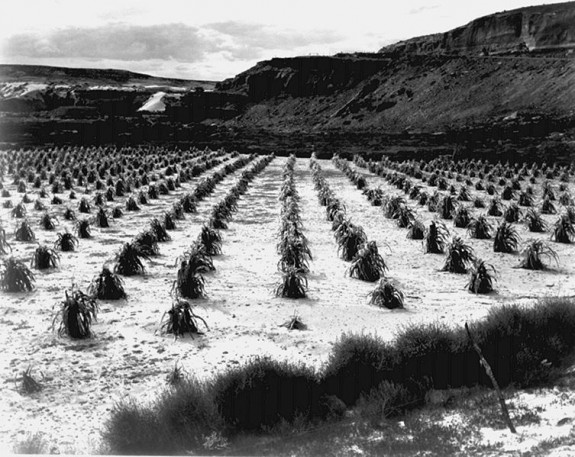
During this time the weather changed and the voice on the radio brought uneasy news about barricades, policemen, and tear gas in the city.

Then again, now he has to go to Greenland. To look at a body.
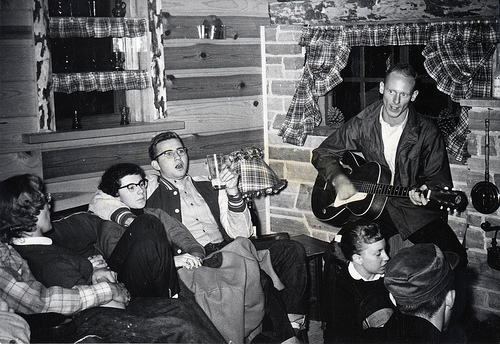
Taken as a whole, no one who read the screenplay for Who We Are denied that it was clever in its composition, original in its pattern, and ruthlessly unsentimental in its conclusions. It was also “a bit portentous,” according to Sam’s father, Booth Dolan, the B-movie mainstay famous for his stentorian, blink-free performances. . .
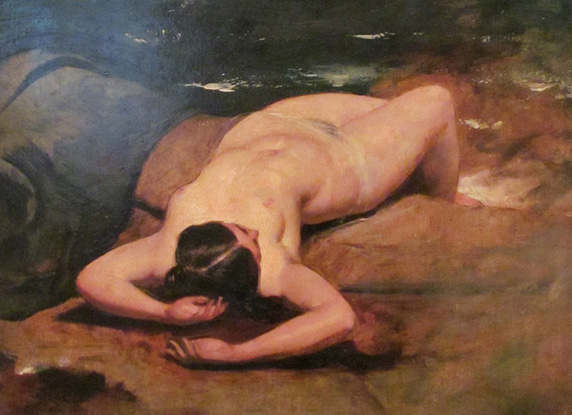
Winona eyed Frank down the long black barrels of the shotgun. She complained again about that whore he’d visited every Wednesday for fourteen years, before he lost his manhood in the accident at the rebar factory.
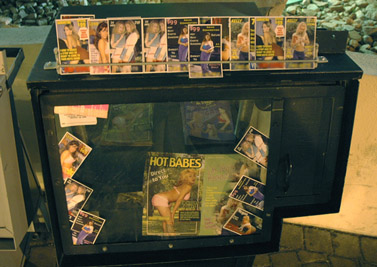
There was something fascinating about images of unknown semi-naked women; I wondered if there were newspapers filled with images of semi-naked men.

Six feet tall and arms like bundled wire. He go strutting the length of the house.

Notes on names Boy gets called at school: fudge packer, pansy, fairy, pillow biter, cock gobbler.
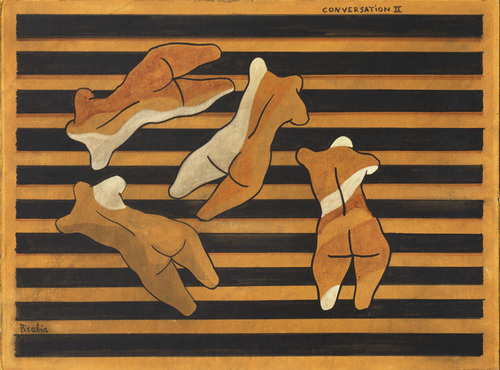
Jimmy Nolan has a thing for broads—loud, brassy women who sit with their legs open and drink beer straight from the bottle—women who always say exactly what they’re thinking and for better or worse, mean what they say.

This was Clyde’s third Ramadan, but his first alone.

First, it was his hands. Three days after he announced that he was going to leave me, I watched him drinking his coffee and noticed how his three middle fingers were slipped through the handle, gripping the body of the mug in a confident, almost loving way.

What was I going to do when I saw her? It was a question I had asked myself a thousand times. Slap her? Scream insults? Demand she give my husband back?
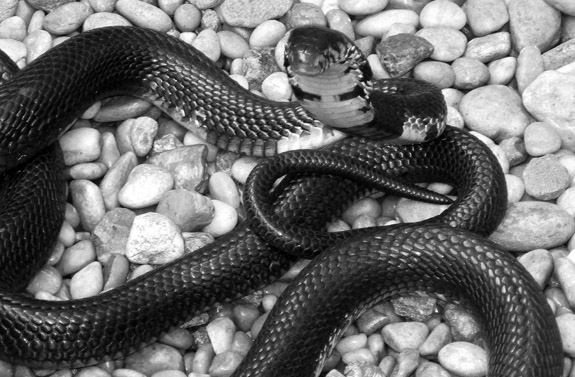
His first conscious memory, from the time he was three, was the feel of a rat snake slithering through his hands.

When did the Berlin Zoo stop displaying humans? 1931, I think, but I’m not sure.

If you must travel, travel by Amtrak. Trains are safe, buses are not. I mean safe from raids by the INS.

Seven months into her husband’s depression, Diane called the church secretary. She wanted the elders to come over and anoint Mitch with oil.

The author of the lauded graphic novel Blankets discusses the influences behind his new book, the effect of 9/11 on his work, and the decline of the superhero in comics.
For over 30 years, we gave Egypt the shaft, because it was in our national interest to do so. Now it’s time for Egypt to find out where its own interests are, without a strongman leading the way. The country has a difficult and terrible road to walk.
Our fiction editor’s theory on New York as a place of neutrality and a refuge from soul crushing lunches at Applebee’s…and his call for proselytizing Christians to leave New Yorkers alone.
“Call me the Great Rejector. But don't take the rejection personally.”
Given the recent major acts of idiocy (the BP fiasco), it's about time we studied stupidity and kept the chronically dense (Palin & co.) from destroying our world.

Samuel Fuller had a pulp-fiction mindset and the former tabloid-reporter's tendency to think in screaming headlines.
This film is melancholic, but still in love with the world and its magic.
Are others curious why Rush chose a female voice? I’m hoping this matter will be approached during the April 26 Guernica/PEN event where he’ll be a panelist.
This story of two robots in love asserts that sacrifice is what makes love worthwhile.
The greatest living filmmaker you’ve never heard of.
Orson Welles, the true king of all-media.
Cringe comedy as only the British can do it.
Neither book requires its readers to be a fan of the star—and that’s why they are great reads.
I wandered around, and thumbed through the remaindered bestsellers and out-of-date guidebooks, when I came across The Magical Key. This particular edition had the illustrations by Maurice Sendak and its afterword was by W.H. Auden. What was this book?
Reading Erickson is like careering through space in a stunt car—the kind that jumps ramps through rings of fire.
“Since graduating school, no book has impressed me as much as Augie March.”
Read him for the same reason you might drink whiskey neat: to brace yourself and awaken your senses.
This book is a weapon. It will teach you how to think.
E.C. Osondu's story in Guernica, Waiting, won the so-called African Booker—the Caine Prize for African Writing.
Padgett Powell’s Edisto, which takes place within sight of a beach, isn’t a difficult read—it’s propulsive and written with a light hand—but it's also rife with all those harder topics that make the book worthwhile.
Then you march, which means that you promenade toward the capitol, then around its back, ending up where you’d started in the first place.
Much of that Presidential power comes from proper use of words: “We have nothing to fear but ____ (finish the sentence).” “The buck stops ____” “Mr. Gorbachev, tear down this ___.”